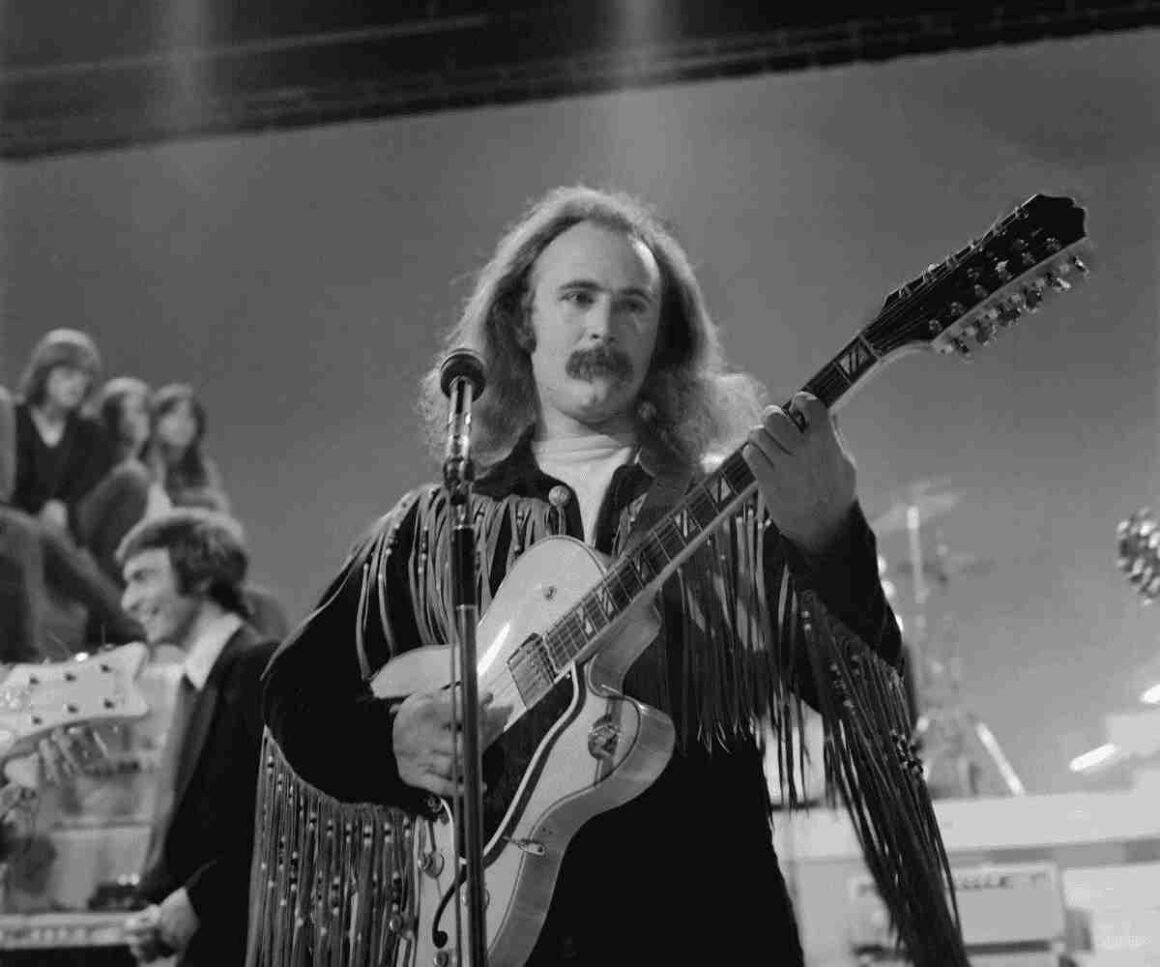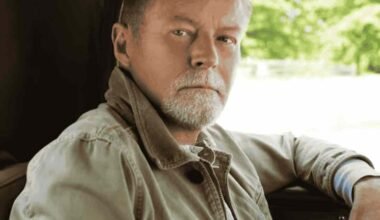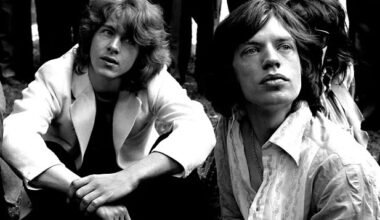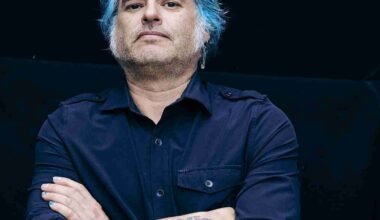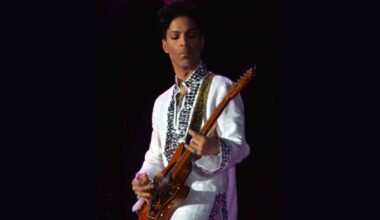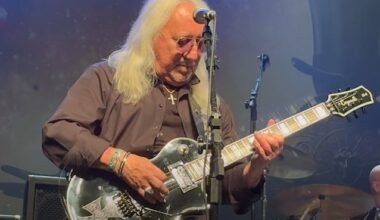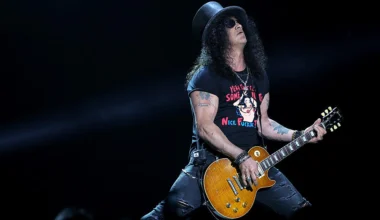For any great rock ensemble, harmony singing is a sacred art. While some musicians spend years perfecting their guitar tones or honing their instrumental skills, the true magic often lies in how voices blend.
It’s not something that can be rehearsed to perfection, and sometimes, it’s pure chance whether certain voices will harmonize seamlessly. When Crosby, Stills, and Nash came together in the late 1960s, they discovered something special.
However, for David Crosby, no group could rival the vocal harmonies of The Everly Brothers.
Looking back at the roots of rock and roll, harmony vocals weren’t a dominant feature. Icons like Chuck Berry and Little Richard thrilled audiences more with their dynamic storytelling and raw vocal energy than with intricate harmonies. Their power came from the sheer force of their delivery.
But then came The Everly Brothers, a duo from the American South who changed the landscape of rock with their vocal style.
They embodied everything that made rock and roll exciting but added something new: harmonies that captivated listeners.
With songs like “Bye Bye Love” and “All I Have to Do Is Dream,” Phil and Don Everly created a sound unlike anything in traditional rock. Their voices intertwined in a way that felt natural, as though both were singing lead.
Brian Wilson and other artists of the era had already been experimenting with harmony, drawing inspiration from vocal groups like The Four Freshmen.
Yet, the Everlys had a unique, authentic quality that set them apart. Many girl groups of the time had mastered harmonization, but The Everly Brothers’ style was different.
They weren’t just harmonizing—they were delivering two strong melodies, each equally powerful and integral to the song.
David Crosby wasn’t new to this kind of vocal magic. Before forming his supergroup, he had already established himself with The Byrds, a band whose chiming guitars and vocal harmonies owed a clear debt to The Everly Brothers.
Crosby’s appreciation for the duo ran deep, and even with the remarkable vocal chemistry of Crosby, Stills, and Nash, he held The Everly Brothers in the highest regard.
“Everly Brothers were a huge influence—huge,” Crosby once said. “They just rang my bell. I loved their stuff. It was just too goddamn good. I loved harmony right from the get-go. That affected how I heard folk music when I started hearing folk music.”
Despite the unique sound that Crosby, Stills, and Nash achieved—a blend of the harmonic brilliance of The Beatles and The Everly Brothers, with the biting lyricism of Bob Dylan—Crosby always held a special place in his heart for the Everlys.
Their ability to blend their voices so effortlessly, while maintaining the authenticity of their Southern roots, shaped Crosby’s musical journey.
Though Crosby explored a wide range of musical styles over his career, one thing remained constant: his admiration for the country-leaning legends who first sparked his love for harmony.
Whether he was singing rock, folk, or anything in between, the influence of The Everly Brothers was always there, reminding him of the pure beauty that comes from voices joining together in song.

